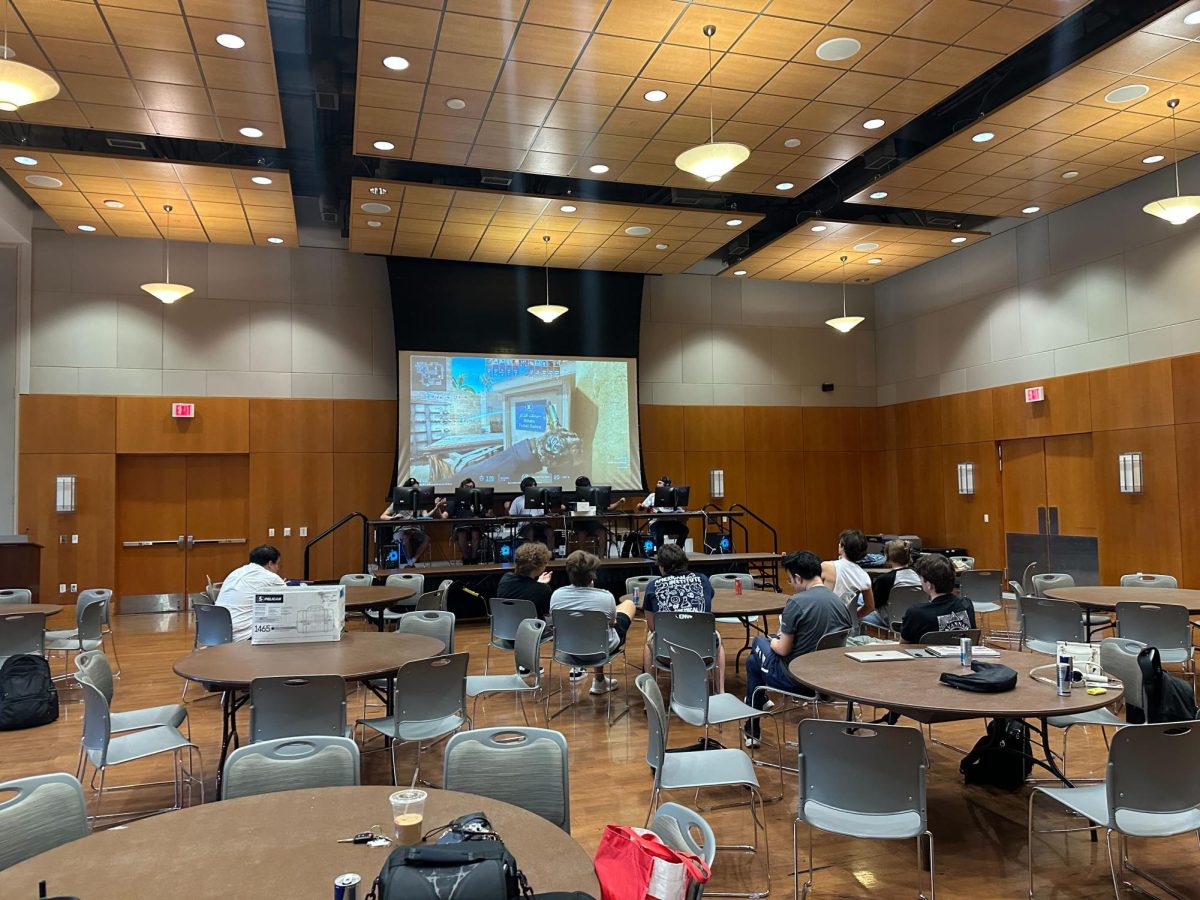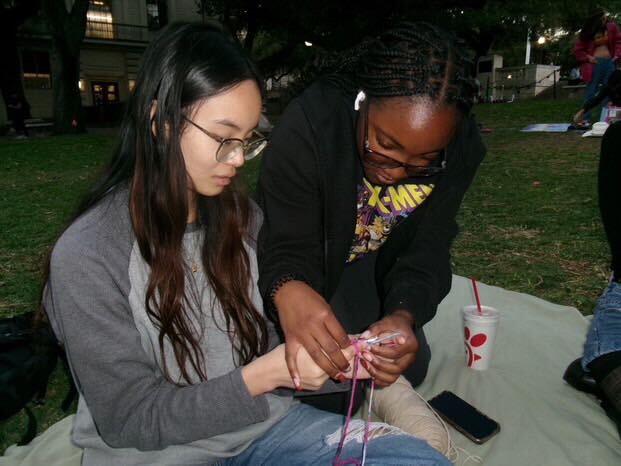Why do some women not support the mainstream feminist movement? Some of them feel that it denigrates men and doesn’t truly promote gender equality. Others support most aspects of the movement but have opinions regarding a single issue that are significantly different from mainstream feminism, such as reproductive rights.
New Wave Feminist is a branch of feminism that tends to take a more pro-life stance.
Journalism sophomore Maya Vela said she doesn't like that traditional feminists can be intolerant of other views or types of feminism.
“The Women’s March was a disaster,” Vela said. “You want to empower women yet if you don’t see the same as me, I’ll tear you down.”
Vela said it seemed hypocritical that mainstream feminists asked pro-life feminists to leave the march and shunned them for holding different views.
Vela’s grievances about mainstream feminism go beyond the Women’s March in 2017. She said she felt many feminist women did not acknowledge that they have certain privileges that men don’t.
“I don’t like that feminism says it’s based on the equality of the sexes,” Vela said. “Women are more likely to win custody battles and receive lighter jail sentences for the same crimes (compared to men) just because they’re women. Why aren’t we fighting for men’s rights as well?”
In terms of labels, Alexa DeVega, a mechanical engineering senior and self-identified feminist, said she feels the label of feminism, as opposed to “pro-gender equality” or “egalitarianism” is important.
“I think it’s the same argument as why do you support Black Lives Matter is to All Lives Matter,” DeVega said. “I think feminism is about (saying) females matter too.”
Kaiten Zajac, a former Longhorn who graduated in May 2017, said her issues with mainstream feminism were similar to Vela’s. She said some of the issues feminists pick battles over seem frivolous and unimportant.
“Focus on the hard issues,” Vela said. “They will make every little thing a feminist issue. Women wearing ponytails is a feminist issue. Or the air conditioning. There are some women fighting for their lives and you want to make ponytails a feminist issue?”
Zajac said the same about bras and going topless.
“Protests about ‘I shouldn’t have to wear a bra,’ … what’s the significance behind that?” Zajac said. “The issues need to be more political in nature and boil down to fairness. ‘Well I wanna walk shirtless’ … that’s not going to improve your quality of life.”
Zajac also said she is a proponent of gender equality, but like Vela, feels the feminist movement should focus its efforts on issues like the pink tax, not on the dress codes.
“There is justification behind some of those things,” Zajac said. “But there are more important issues.”
Editor's Note: This article has been updated to remove a student source who was previously featured in the article.















